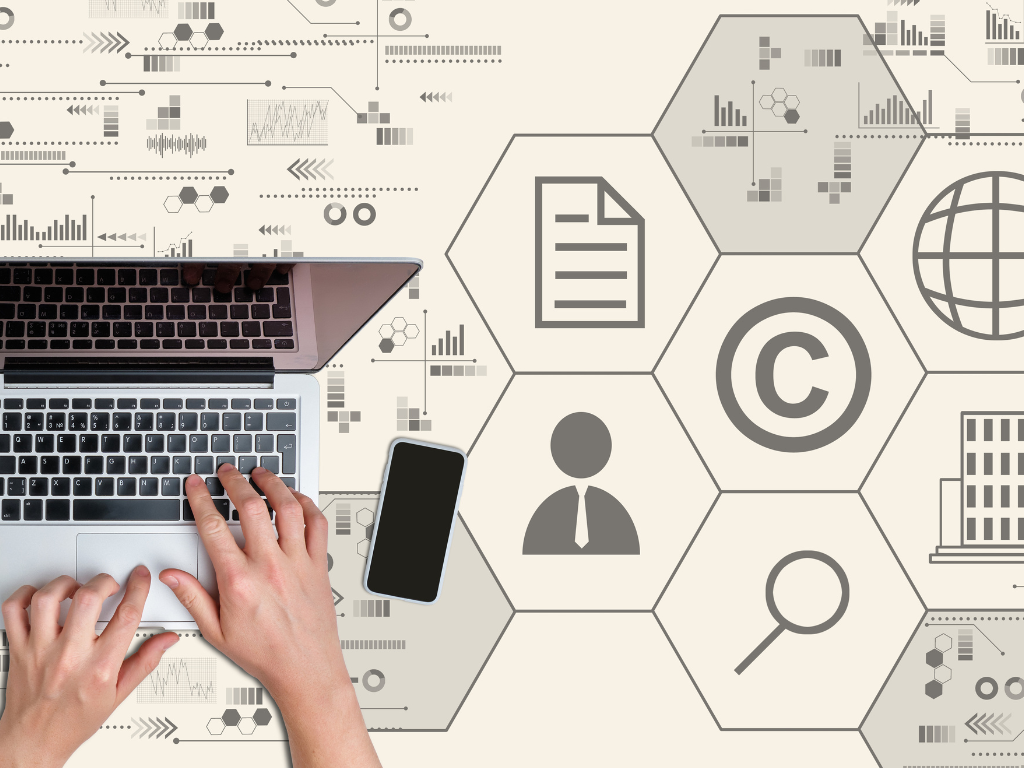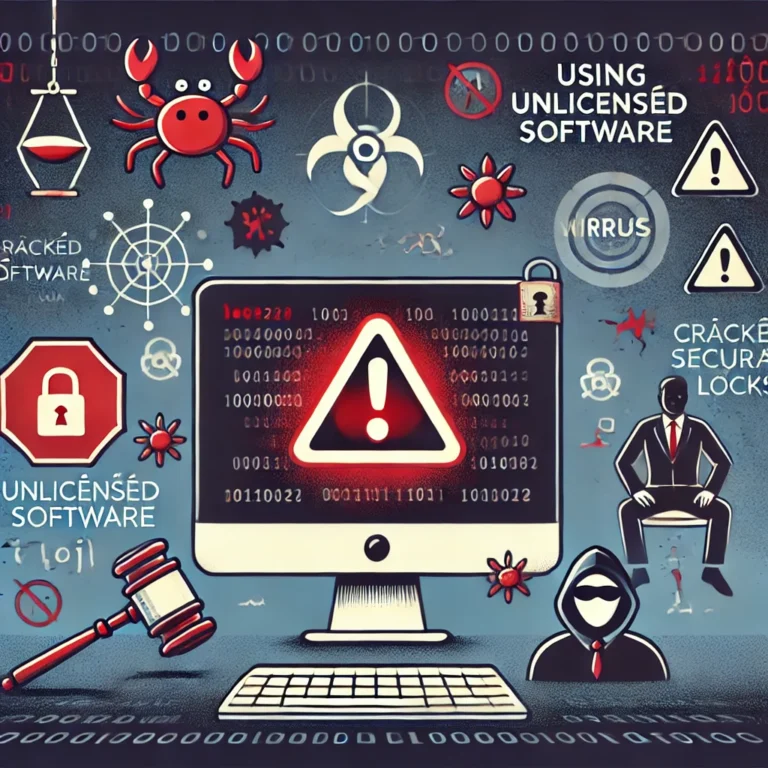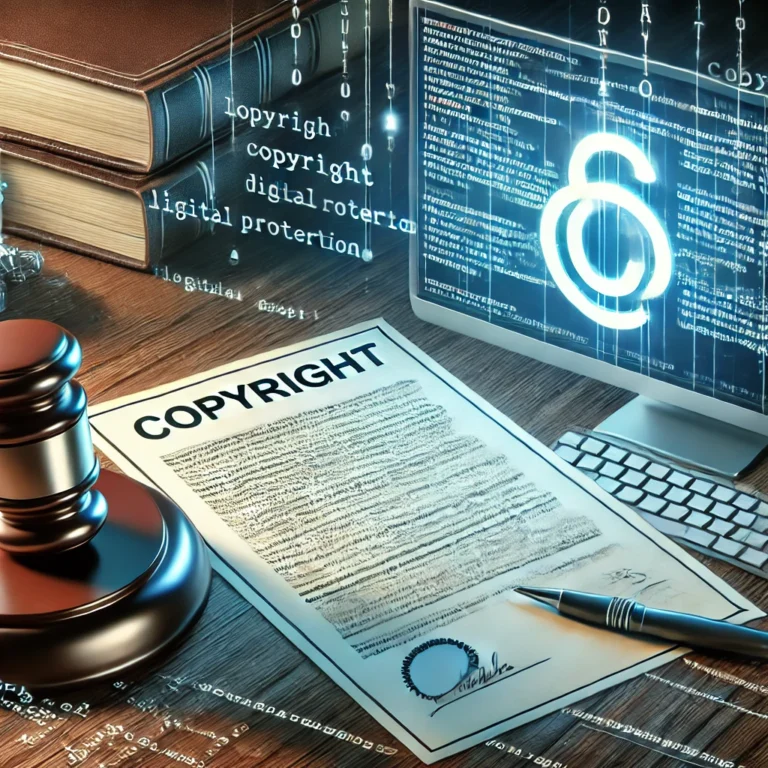Call us now:
Copyright for computer programs in Vietnam is a complex and constantly evolving field, especially in the context of rapidly changing information technology and software.

What is a Computer Program?
A computer program is a set of instructions that a computer executes to perform a specific task. These instructions are written in one or more programming languages and describe how data is processed, operations are executed, and interactions with other systems occur. A computer program can perform a range of tasks, from something as simple as displaying a message on a screen to more complex tasks like processing big data, managing traffic, or simulating virtual environments.
Computer programs typically consist of two main components:
- Source Code: This is the version of the program written in a programming language that can be read and understood by humans. The source code is then compiled or interpreted into machine code that the computer can execute.
- Machine Code: This is the binary representation of the program designed to run directly on computer hardware. Machine code results from the compilation of source code.
Types of Computer Software
Computer software is often categorized based on function, purpose of use, or how they are licensed and distributed. Here are some common types of computer software:
1. System Software
Operating Systems (OS): The most basic layer of software that manages all other hardware and software on a computer. Examples: Windows, macOS, Linux.
Drivers: Software that helps the operating system communicate with hardware, such as printers or graphics cards.
Disk and File System Tools: Includes programs dedicated to managing, organizing, and securing data on drives.
2. Application Software
Office Applications: Includes word processing, spreadsheets, and presentation software. Examples: Microsoft Office, Google Docs.
Graphics and Image Editing Software: Used for creating and editing images and graphics. Examples: Adobe Photoshop, GIMP.
Web Browsers: Allow users to access and browse the internet. Examples: Google Chrome, Mozilla Firefox.
Educational Software: Includes online learning programs and applications that support education.
3. Utility Software
Antivirus and Security: Protects the computer from malware and security threats. Examples: Norton Antivirus, Kaspersky.
Compression and Decompression Tools: Help reduce the size of files and folders. Examples: WinRAR, 7-Zip.
Backup and Recovery Software: Used for data backup and restoring lost data.
4. Development Software
Compilers and Integrated Development Environments (IDEs): Tools for software development, including writing, testing, and debugging code. Examples: Eclipse, Visual Studio.
Database Management Systems (DBMS): Software for creating and managing databases. Examples: MySQL, Oracle.
Web Development Tools: Includes web programming languages and frameworks. Examples: HTML, CSS, JavaScript, Ruby on Rails.
5. Commercial and Open Source Software
Commercial Software: Sold with a license that does not disclose the source code. Example: Microsoft Windows.
Open Source Software: Source code is published and can be improved or modified by the community. Examples: Linux, Apache HTTP Server.
Each type of software has its own role and purpose, meeting the diverse needs of users and businesses.
Copyright in Computer Programs in Vietnam
Computer programs can be protected under copyright. Copyright in computer programs is an important part of intellectual property rights that protect creative works in the field of information technology.
Copyright for computer programs protects the expression of ideas, not the ideas themselves. This means that copyright protects the way the program is expressed through source code and machine code, but it does not protect the ideas, algorithms, procedures, functions, or mathematical concepts that the program uses.
Copyright allows the copyright owner to control the copying, distribution, and modification of the work. Software can be distributed under open-source licenses that allow users to view, modify, and redistribute the source code under the terms of those licenses. Open-source licenses, such as the GPL (General Public License), MIT License, and Apache License, require that any modifications or redistributions adhere to the terms of the original license.
Copyright protection is ensured internationally through conventions and agreements like the Bern Convention for the Protection of Literary and Artistic Works and the Agreement on Trade-Related Aspects of Intellectual Property Rights (TRIPS), ensuring that works are protected not only domestically but also in other countries that are members of these agreements.
Contact Us Now:
DCNH LAW
Address: 38B Tran Nhat Duat, Phuoc Hoa ward, Nha Trang city, Khanh Hoa province, Vietnam.
Phone: (+84) 343320223 – 974278893
Email: dcnh.law@gmail.com




